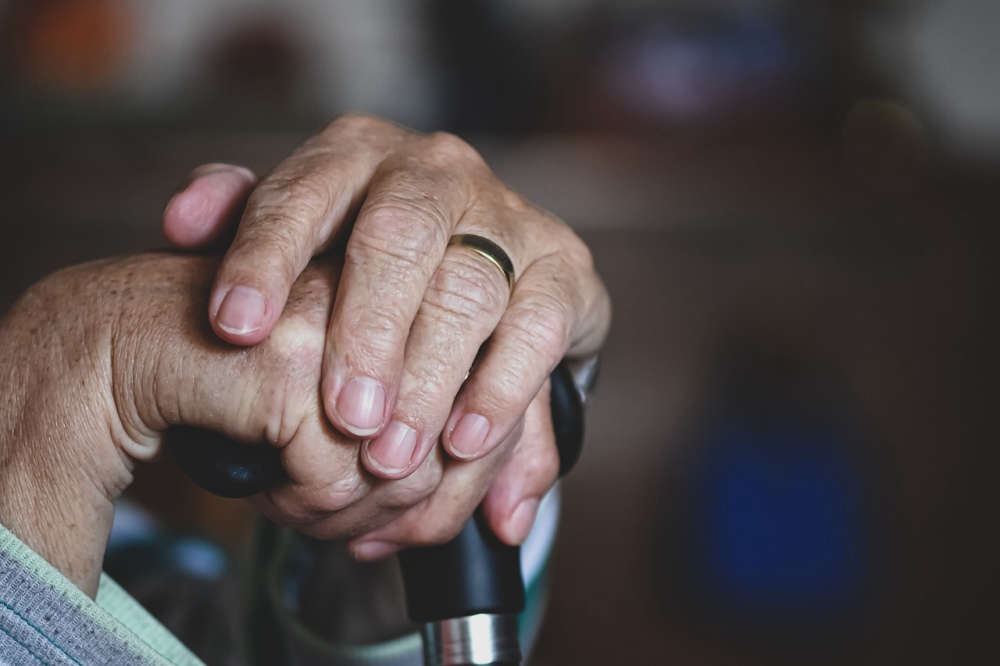
Hundreds of people have left a Vale Council care service that some customers may have to start paying more for.
Members of the healthy living and social care scrutiny committee were given a range of updates on the local authority’s telecare service at a meeting on Tuesday.
Telecare provides older people with an alarm system that alerts carers in times of need, like if they have suffered a fall, and is intended to allow them to live more independently.
Scrutiny committee members heard how telecare’s falls response service in the Vale was saving the ambulance service and NHS about £750,000.
However, they were also told that the council service lost 407 customers over the course of 12 months. Over the same period of time, it gained 542 customers.
The updated report shared with members contained proposals to change the way the service is charged.
Part of this would see all telecare customers charged a flat rate for the service, with those who have it included as part of their care and support plan having to pay for the service separately. For some, it would mean having to pay an additional £8.32 a week.
One council official said at Tuesday’s meeting that the charge would be means tested and that it would bring in much needed income for the council, but concerns were raised by committee members.
Cllr Susan Lloyd Selby said: “That is actually quite a lot on a monthly basis for any older person who is struggling financially and I…would be concerned if that resulted in somebody who could really benefit from telecare giving up simply because of hardship.”
Another scrutiny committee member, Cllr Christine Cave, said: “Although £8.50 may not sound like a lot of money, I do think we have to think really carefully as a council of any additional burden we place on the older person.”
The council’s telecare service is split into four separate packages – essential, bronze, silver and gold – with each costing different amounts and offering different perks.
Vale Council’s operational manager for locality services, Andrew Cole, said that instead of charging everyone at the same time with the new system, each individual would be reviewed on a case by case basis.
He added: “Everybody who is receiving care and support will have an annual review. I think that is the time for that discussion, that is the time for the revision of the charging for telecare."
“I don’t think it would be an overnight change for people. It would be changes as their reviews happen, so the conversation would happen then.”
The council officer said there would also be an appeal process for people who were struggling to pay the charge.
Cllr Selby said she was reassured by Mr Cole’s response and that she recognised the financial pressures that the council was facing.
However, she went on to add that, “it is really important that people who use this service don’t miss out” and requested that an update report be brought before the scrutiny committee showing the impact of the proposed changes.
Vale Council will review its payment structure over the next 12 months with a view to making some changes to its different packages.
Under the current pay structure, the essential package for telecare costs £5.40 per week. This is the package that most people in the Vale are on, with 1,674 customers signed up.
The bronze and silver packages cost £6.10 per week and £7.20 per week respectively, but the council is proposing to merge these as there is only a combined total of 23 people signed up to them.
This would mean a new essential package being created, costing £4 per week; the old essential package being re-branded as the bronze package at £5.40 per week; and a new silver package costing £7.20 per week.
The gold package would remain the same at £8.32 per week.
Mr Cole highlighted the importance of the telecare service, saying its falls response service was a “fantastic” addition that provided a “significant saving” to the NHS.
The telecare team at the council continues to contract with St Johns Ambulance to provide the 24 hour falls response service and in the 12 months leading up to the end of August,2024, it responded to 1,246 falls at home.
Of those cases, it transferred 140 people to hospital with an average call response time of 27 minutes.
A council report on telecare states that the estimate of avoided costs to the Welsh Ambulance Service Trust and to the NHS because of the service in the 12 months to the end of August 2024 was about £750,000.
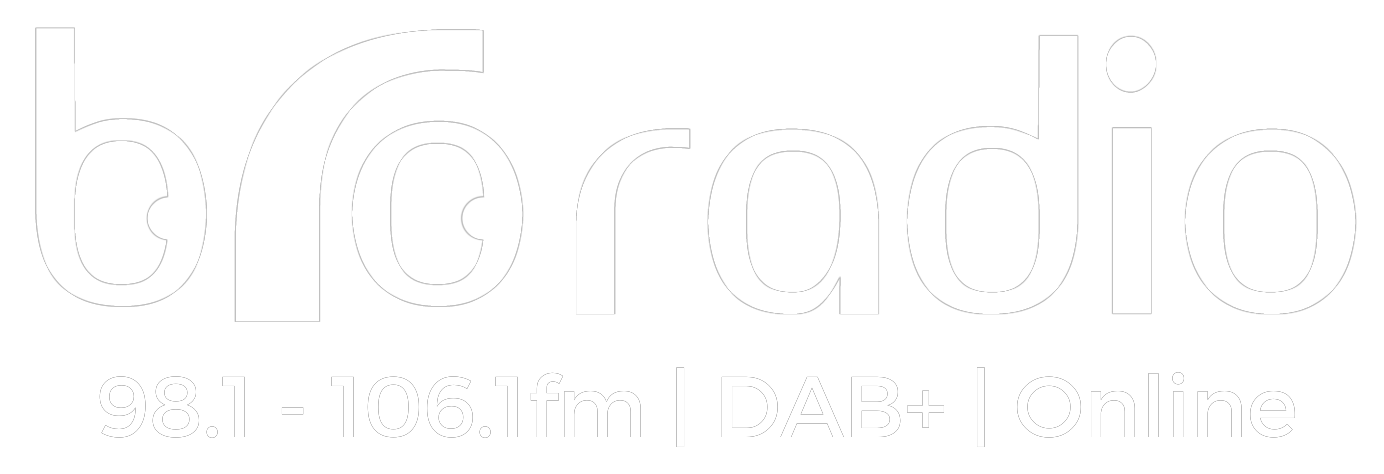


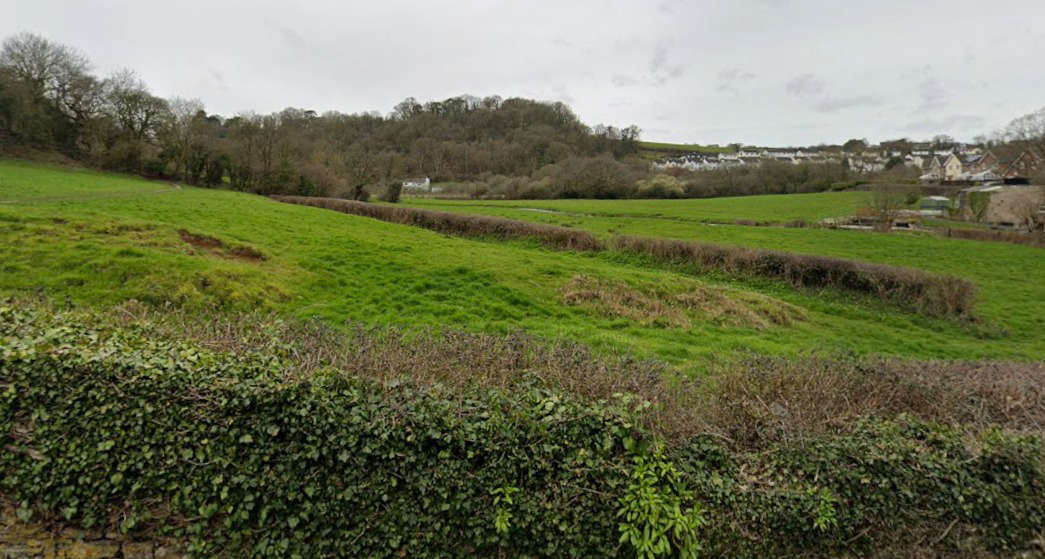 Local residents in Cowbridge have banded together to buy a beloved piece of land
Local residents in Cowbridge have banded together to buy a beloved piece of land
 Welsh legend Max Boyce and record-breaking footballer Jess Fishlock honoured at St David Awards
Welsh legend Max Boyce and record-breaking footballer Jess Fishlock honoured at St David Awards
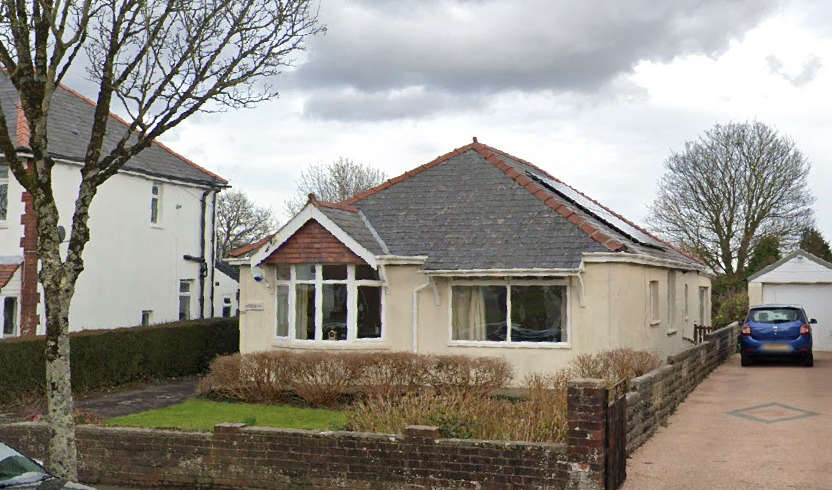 New care home could be coming to Barry is council approves plans
New care home could be coming to Barry is council approves plans
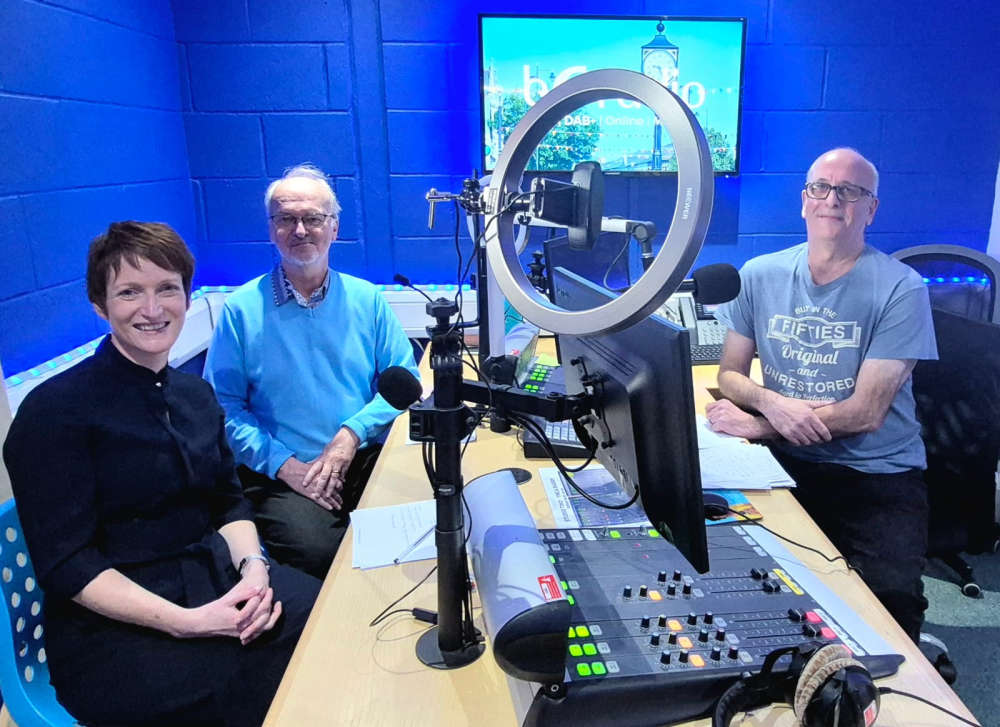 50+ Forum Radio Show highlight by World Health Organisation as leading age-friendly initiative
50+ Forum Radio Show highlight by World Health Organisation as leading age-friendly initiative
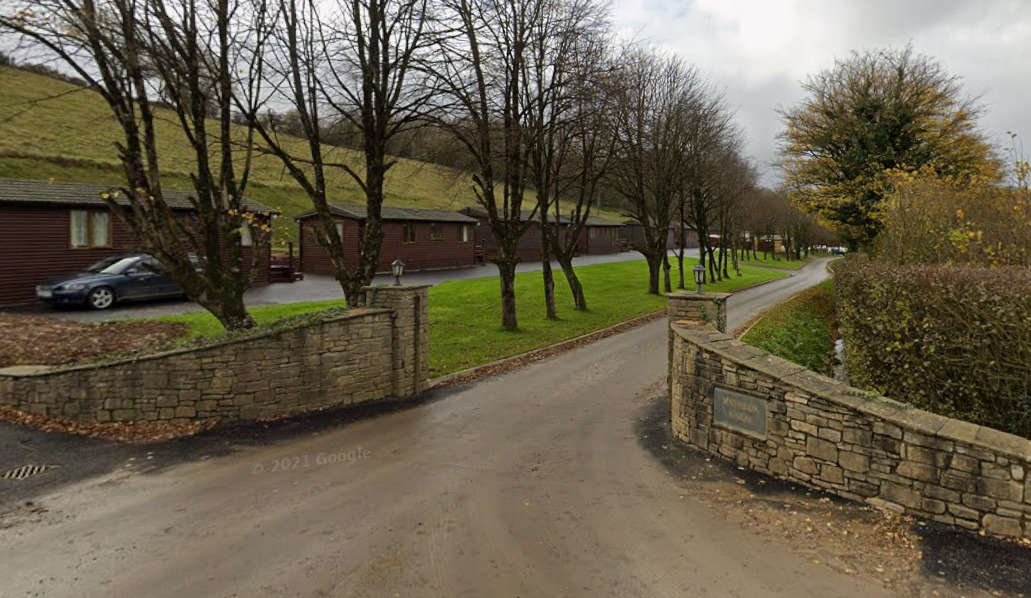 “Long-established rural enterprise hub” has applied for retrospective use of a base to provide services to the “wider rural community”.
“Long-established rural enterprise hub” has applied for retrospective use of a base to provide services to the “wider rural community”.
 Vale Council named Employer of the year for Apprenticeships
Vale Council named Employer of the year for Apprenticeships
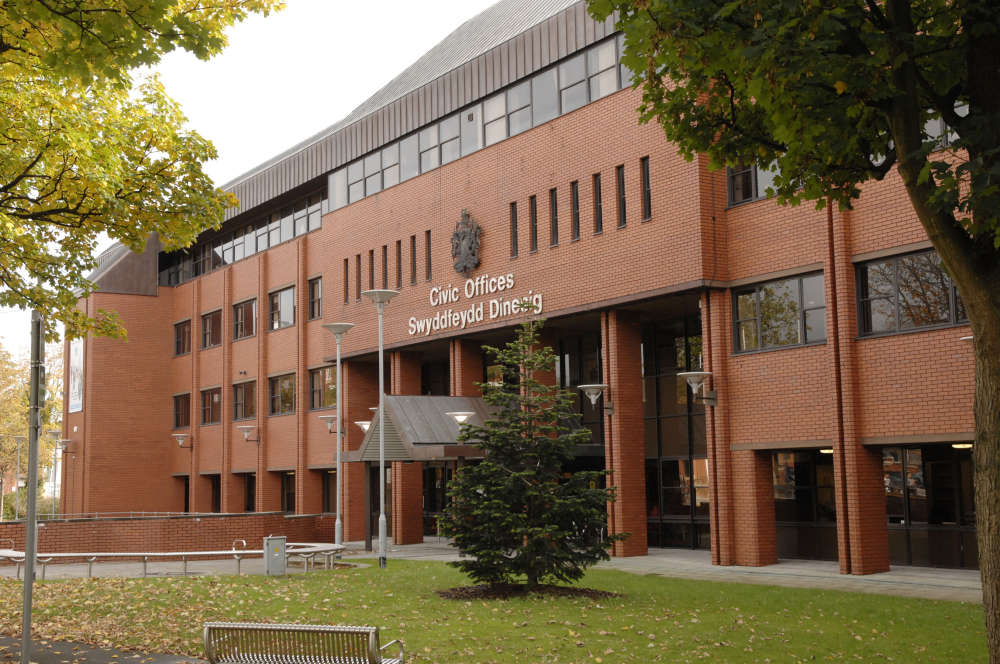 Vale Council has the 4th highest rate of complaints of any local authority in Wales
Vale Council has the 4th highest rate of complaints of any local authority in Wales
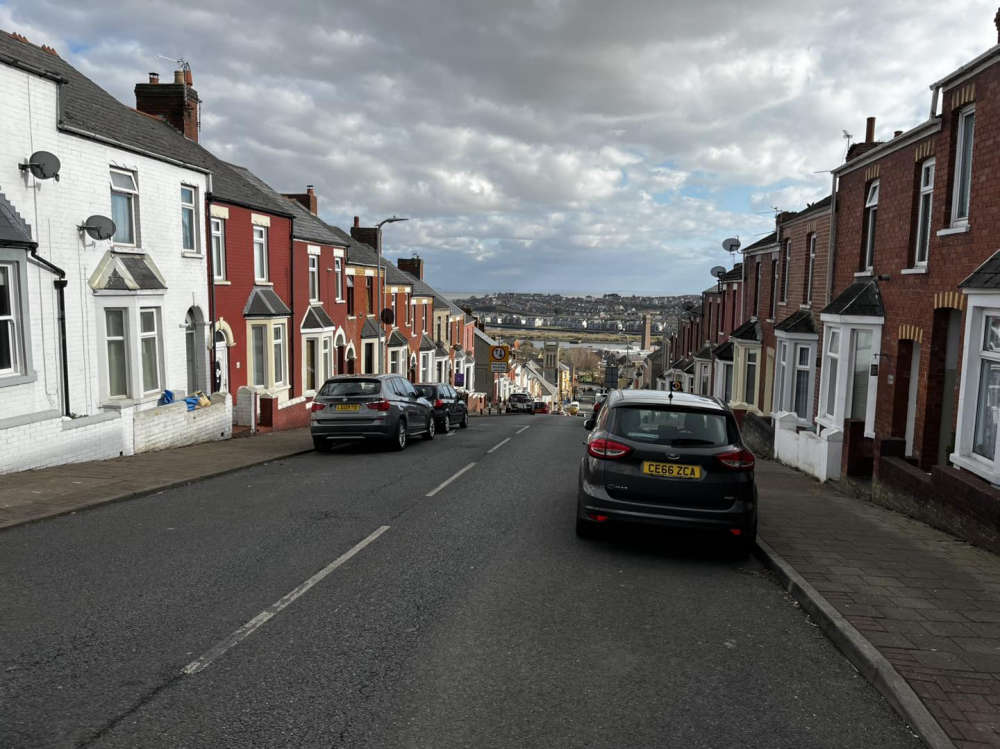 Average Vale House Price rises to £300,000
Average Vale House Price rises to £300,000
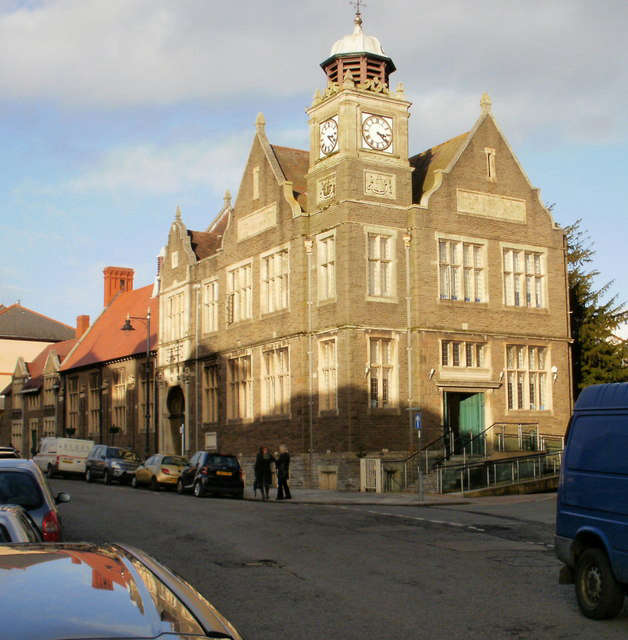 Penarth Library shortlisted for Library of the Year Award
Penarth Library shortlisted for Library of the Year Award
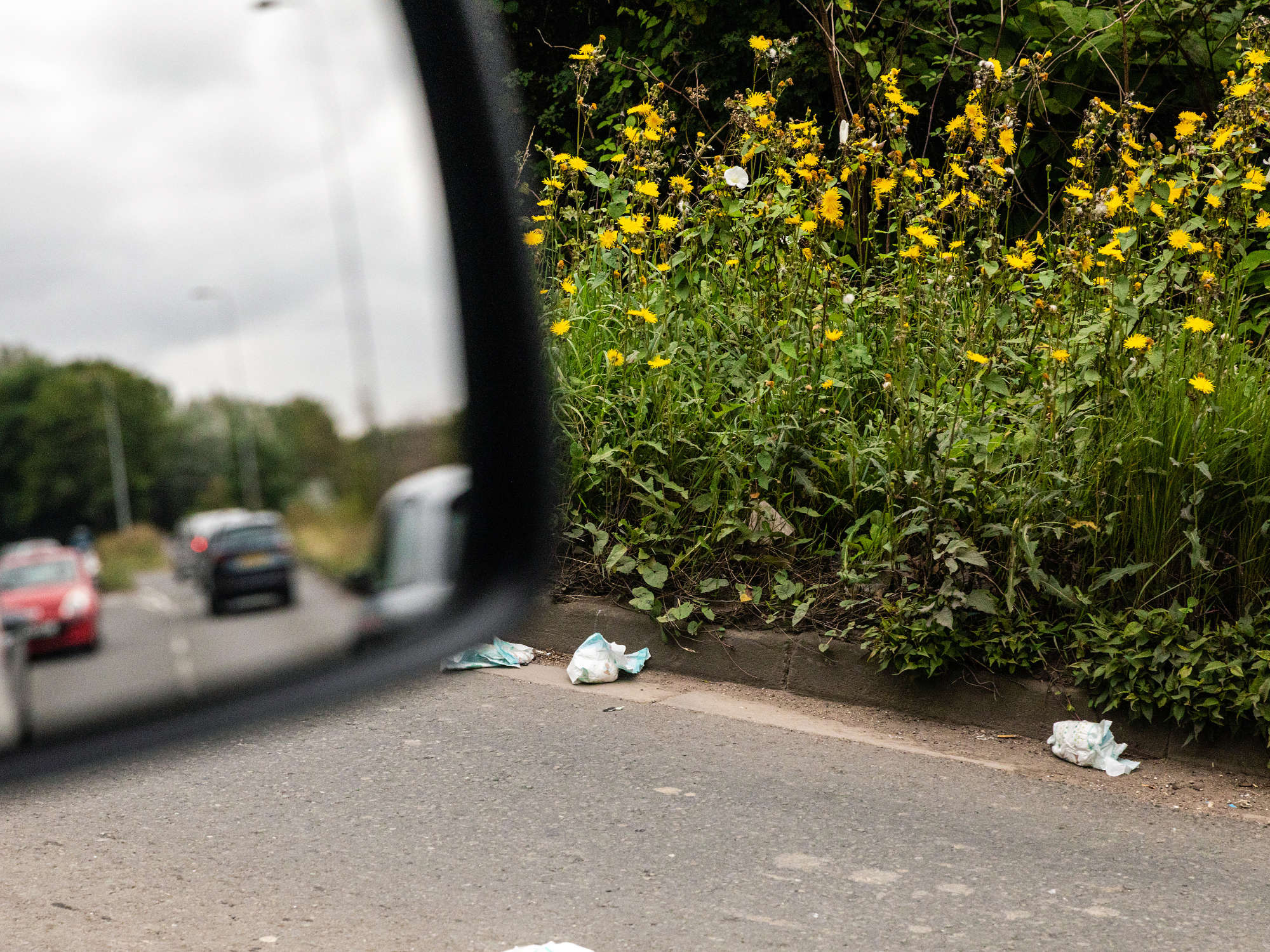 Keep Wales Tidy launch "Drive your litter home" campaign
Keep Wales Tidy launch "Drive your litter home" campaign
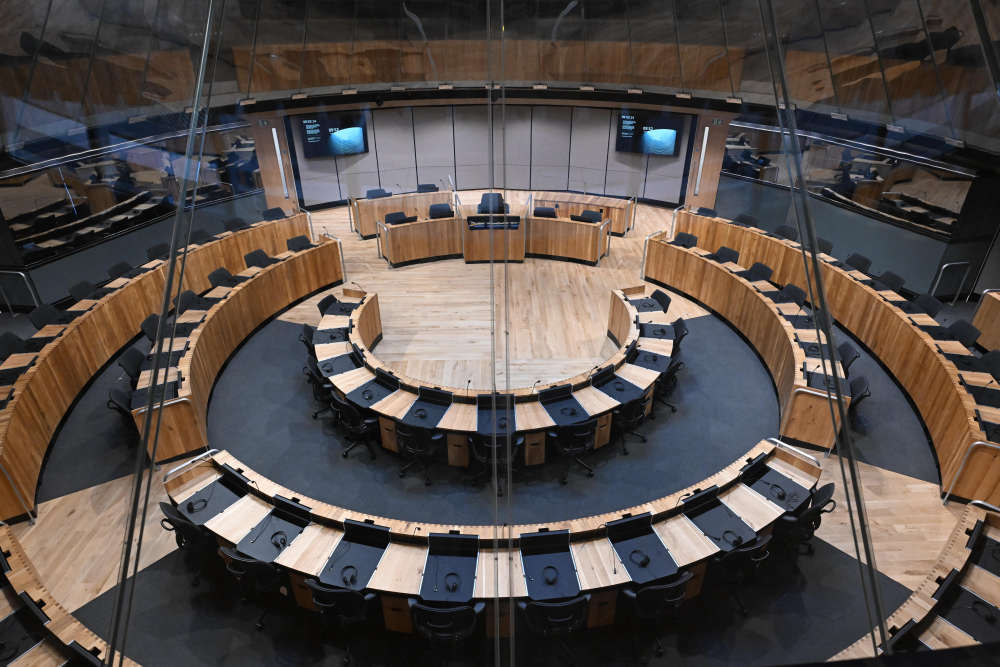 Members return to the Senedd Siambr following redevelopment
Members return to the Senedd Siambr following redevelopment
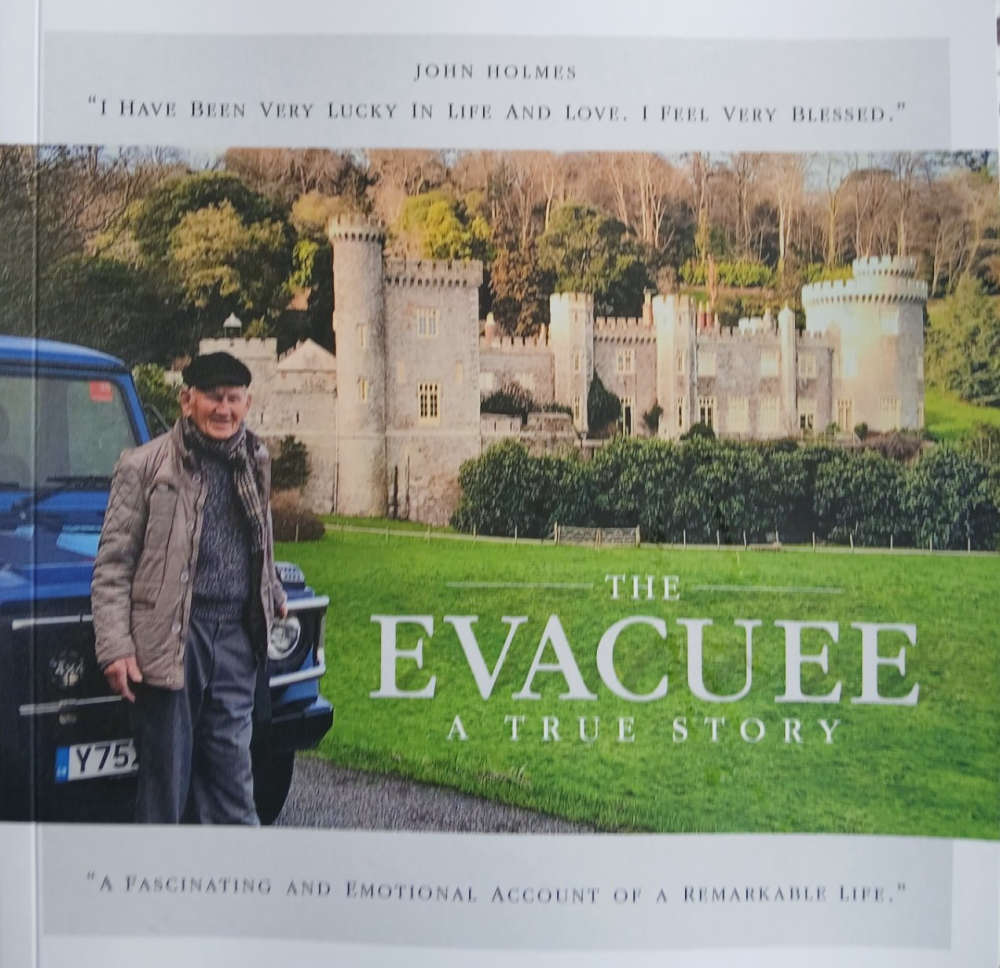 Barry resident shares his story of Operation Pied Piper in new book
Barry resident shares his story of Operation Pied Piper in new book
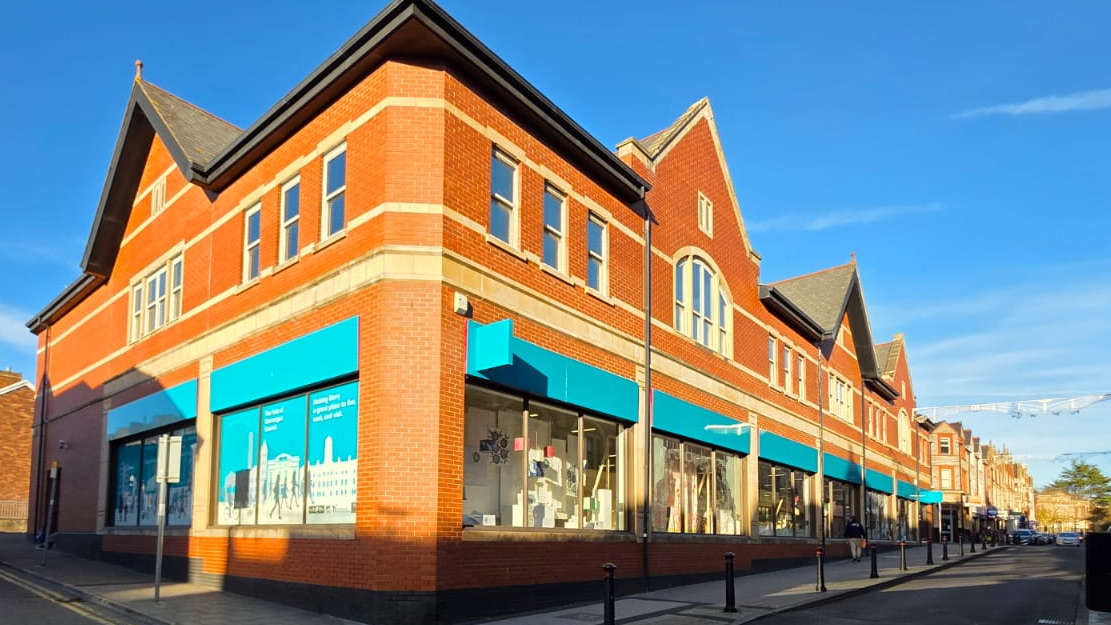 Council to engage with public over future of former Wilko Superstore in Barry
Council to engage with public over future of former Wilko Superstore in Barry
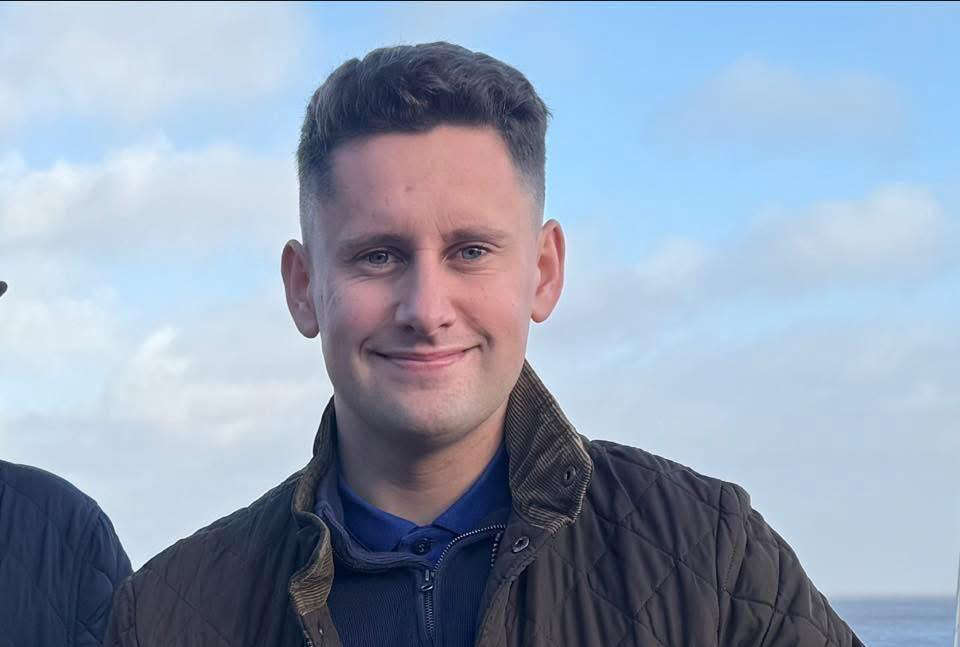 Former Conservative turn Reform candidate wins Penarth By-election
Former Conservative turn Reform candidate wins Penarth By-election
 Two teenagers sentenced for murder of Kamran Aman in Barry
Two teenagers sentenced for murder of Kamran Aman in Barry
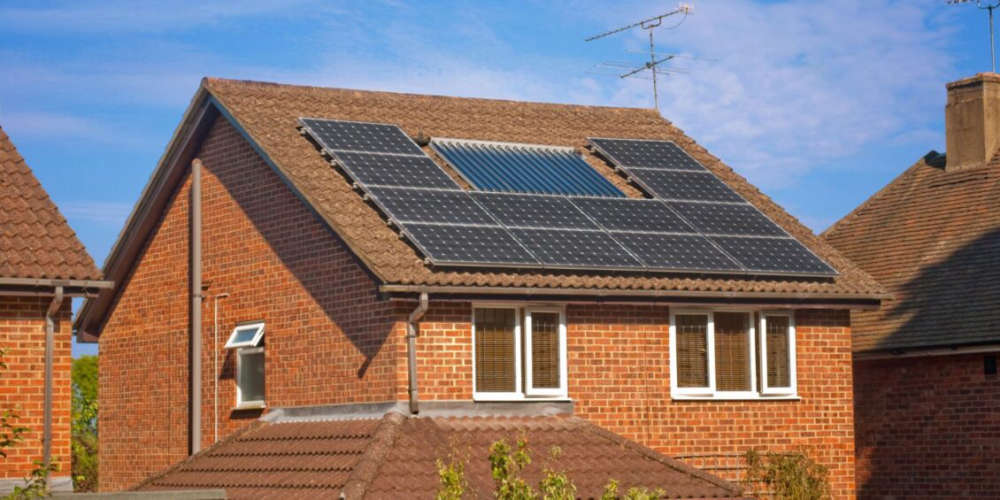 Council celebrates success of Solar Scheme with Relaunch
Council celebrates success of Solar Scheme with Relaunch
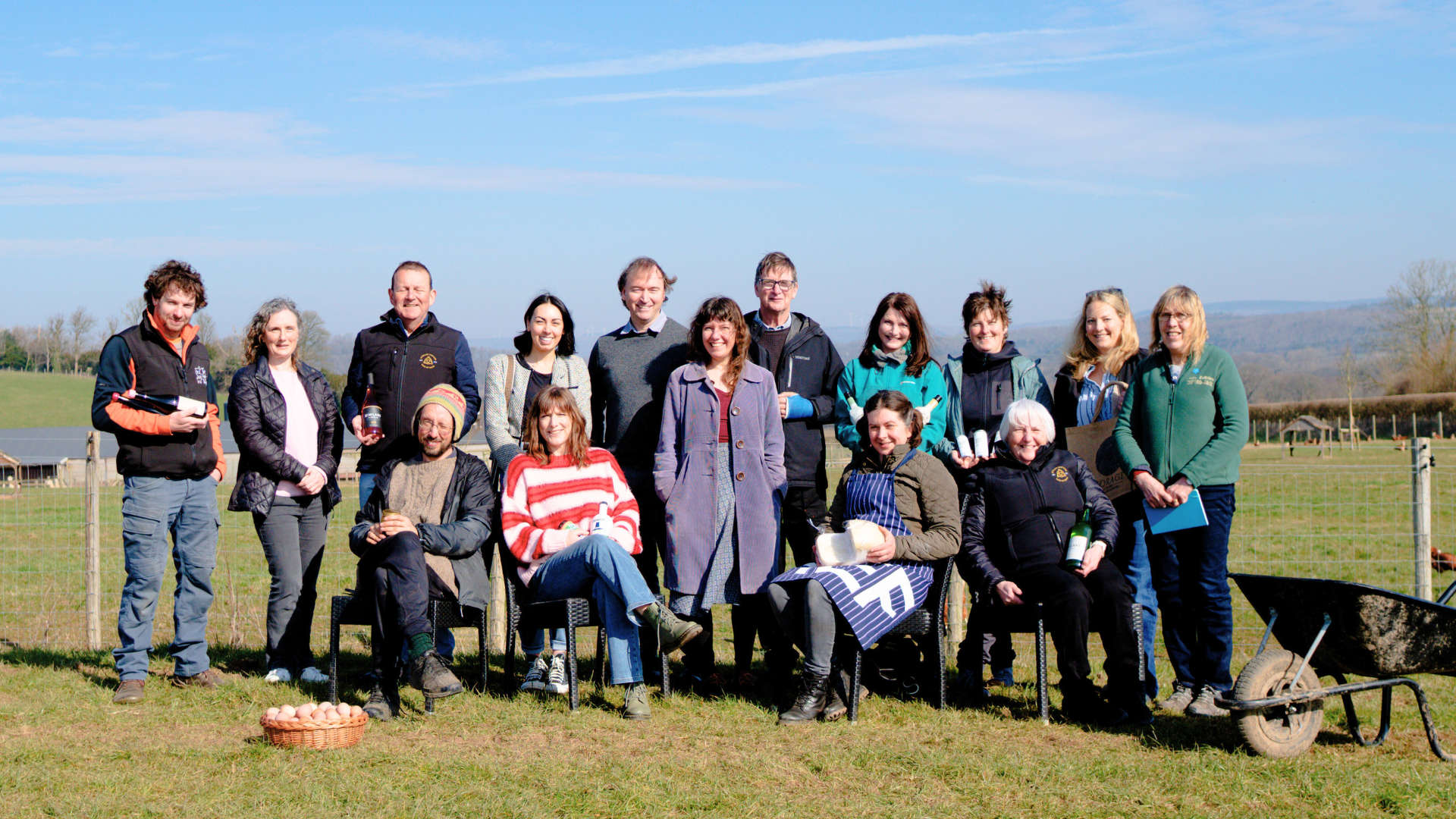 Vale Food Trail set to return for 2026
Vale Food Trail set to return for 2026
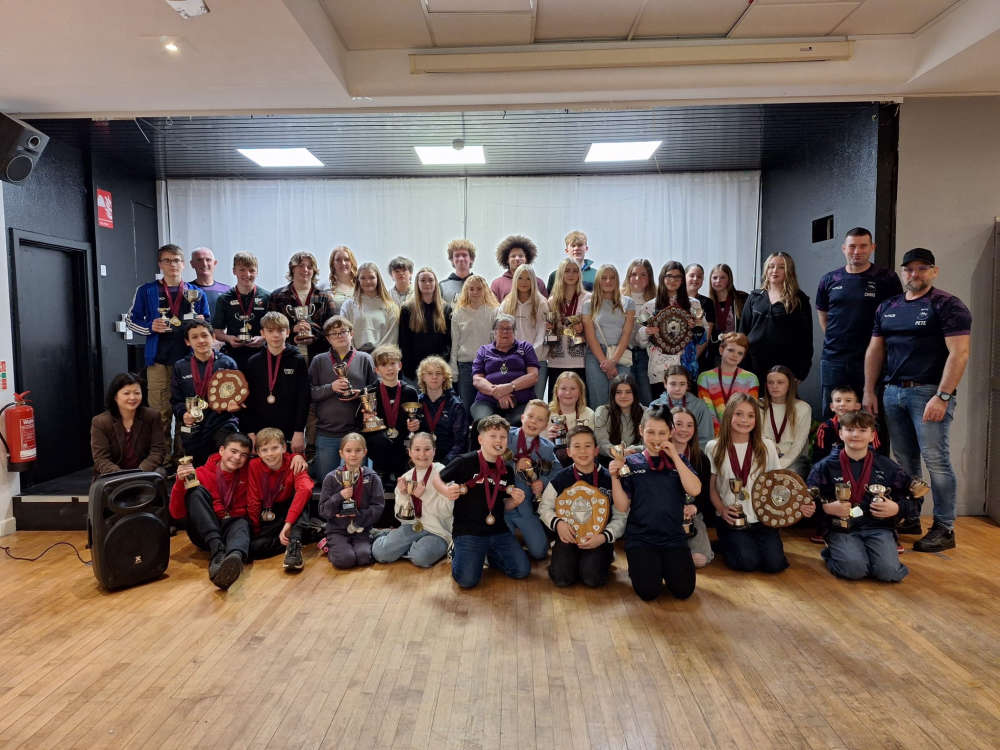 Centenary Year Begins as Barry Swimming Club Celebrates 100th AGM
Centenary Year Begins as Barry Swimming Club Celebrates 100th AGM






